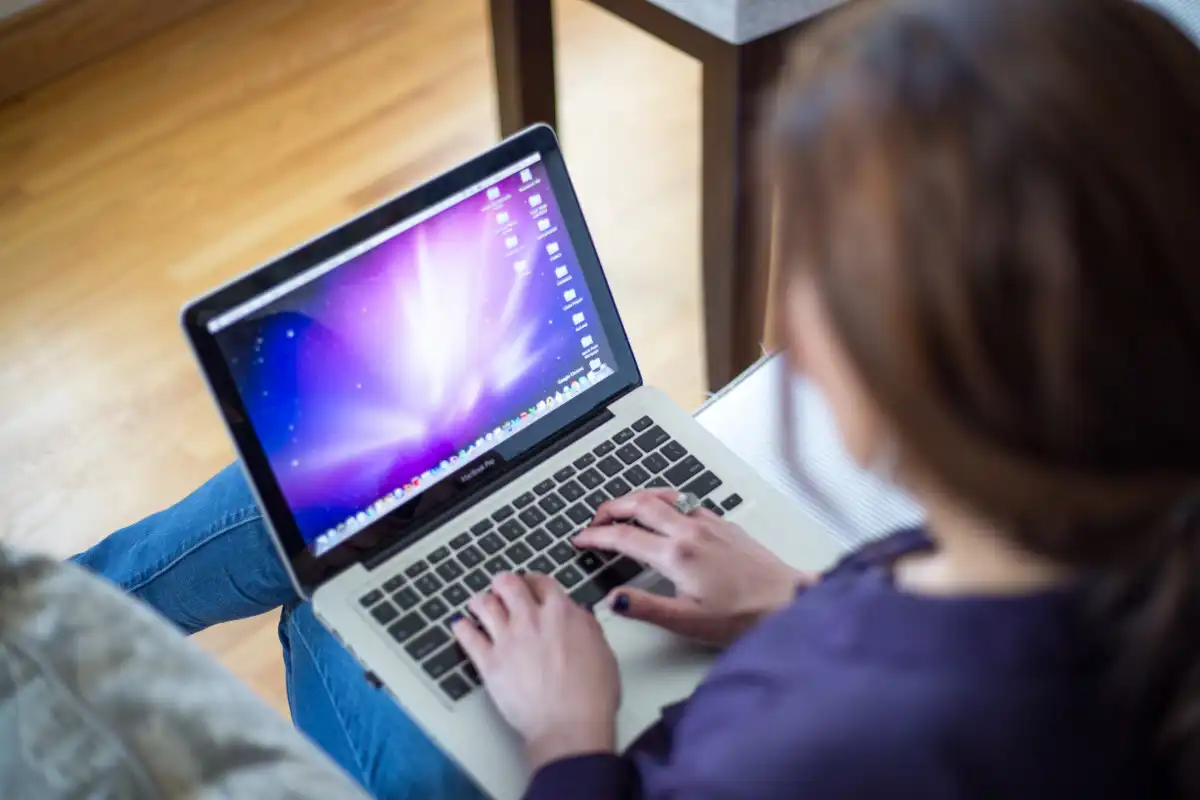Apple Inc., the distinguished tech giant, is currently embroiled in a significant legal fight. This news comes after the U.S. Department of Justice (DOJ) filed a lawsuit against the company, alleging that Apple has breached anti-trust legislations.
Monopolistic practices, specifically regarding its operating system or OS, serve as the primary basis of the suit. The DOJ asserts that Apple's stipulation for applications to exclusively use its OS to be presented in the App Store is anti-competitive.
Disturbingly, this is not the first instance that Apple has found itself in the midst of such controversy. Apple was previously sued in a similar class-action lawsuit which focussed on the same monopolistic practices.

The claim that Apple acts in a monopolistic manner is rooted in the requirement for all applications in the App Store to adhere to its OS regulations. By controlling the OS, Apple effectively has the power to dictate the operation of any digital platform.
Over the past decade, developers have often complained about what they perceive to be an unfair monopoly, as they are left with no other option but to conform to Apple's OS rules to distribute their apps.
Notwithstanding the complaints, Apple defends its actions by saying that such requirements are instrumental in maintaining security, quality, and uniformity within their App Store. However, these defenses have not always swayed the courts' opinion.
The DOJ's lawsuit, claiming anti-trust violations, was initiated in response to Apple's policies. This lawsuit drew attention from all corners of the tech world and has sparked a heated debate about the fairness of business practices within the tech industry.
There is considerable dialogue around the extent to which tech companies like Apple can exert power and control. The DOJ's lawsuit has only added fuel to this ongoing debate, placing Apple in the hot seat.
If Apple is found guilty, this could be a game-changer in terms of how tech companies function. It could set a precedent restricting companies from exerting too much control on developers by standardizing OS practices.
On the flip side, if Apple manages to defend its policies, this could potentially give more power to tech companies. It might justify the extent to which they can control developers and their applications.
The case is particularly interesting as it doesn't involve physical goods but software – a realm that traditionally has contributed to the complexity of antitrust laws.
Anti-trust laws were initially established to deal with non-digital corporations. Now, they are being employed to tackle digital monopolies, opening the path for potential law revisions.
Furthermore, as technology continues to evolve rapidly, it poses the question – is the law quick enough to adapt and legislate new paradigms effectively? This situation further amplifies the complexity of this already multifaceted matter.
A significant emphasis has been put on maintaining an open, yet secure, app market in the software industry. The struggle for a balance between security and openness is a prevailing theme defining the industry's growth.
Despite being involved in this legal scuffle, Apple still stands as one of the most prominent tech companies globally. Regardless of the lawsuit’s outcome, it will undoubtedly impact the tech industry's future directives on security and control.
From a developer perspective, the issue is whether it is possible to create an open market while maintaining security. Developers argue that there can be openness without relinquishing security and control.
With a global audience keenly watching the proceedings, the DOJ lawsuit marks a significant turning point in the tech world. The outcome of this issue could profoundly impact the configuration of software and application development.
Inevitably, Apple's case will have long-lasting effects on the software industry, law, and policy, regardless of the ultimate verdict. The outcome could shape the future landscape of the digital world.
As the case unfolds, the world waits with bated breath to learn how this struggle between the law and tech giants will end. Whether in favor of Apple or the DOJ, the consequences of this exciting standoff will undeniably echo in the corridors of the tech world for years to come.
Finally, it is crucial to note that while this case does focus on Apple, the ramifications are expected to extend far beyond the walls of Cupertino. The effects will likely ripple through the global tech world, inevitably influencing industry practices for many years.